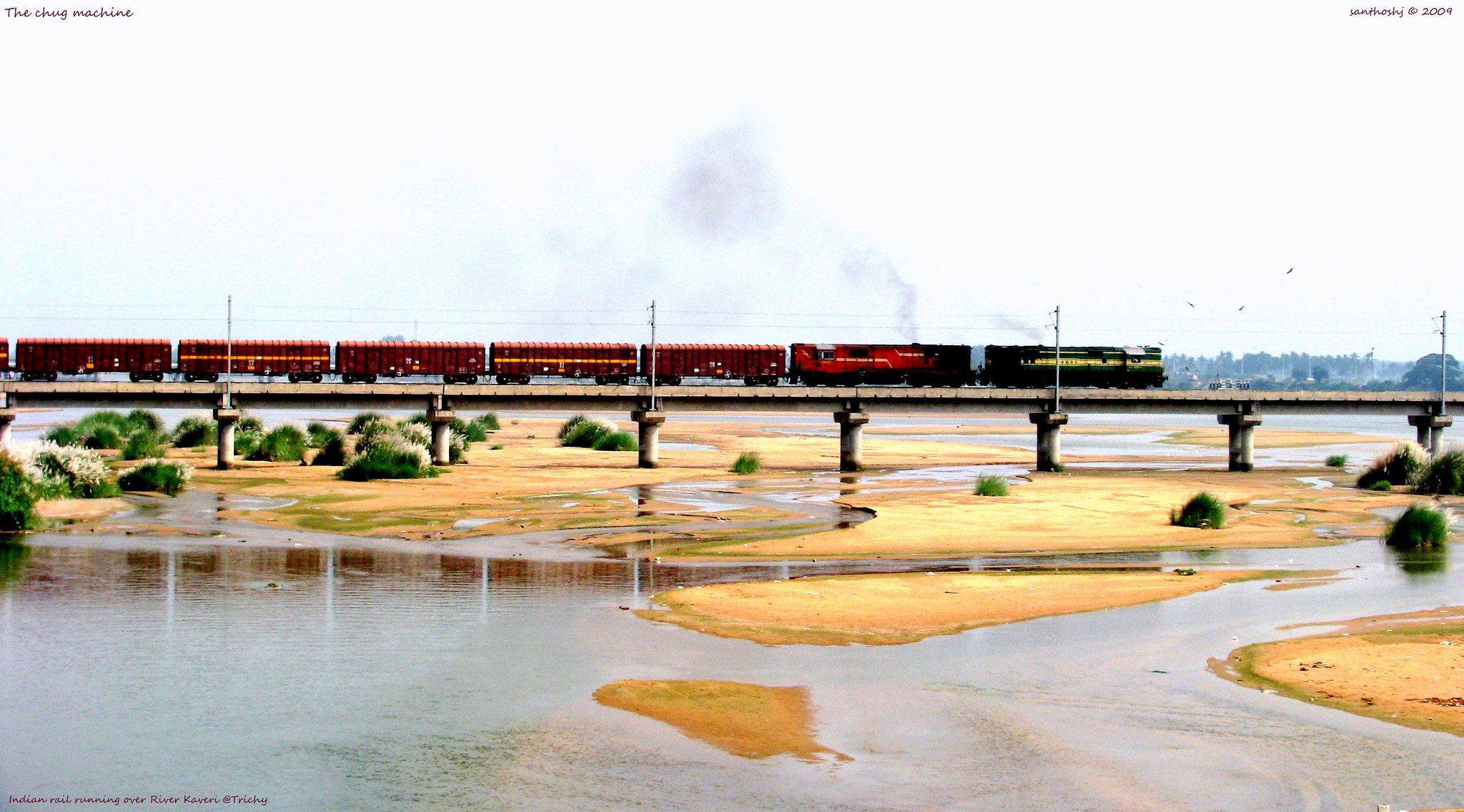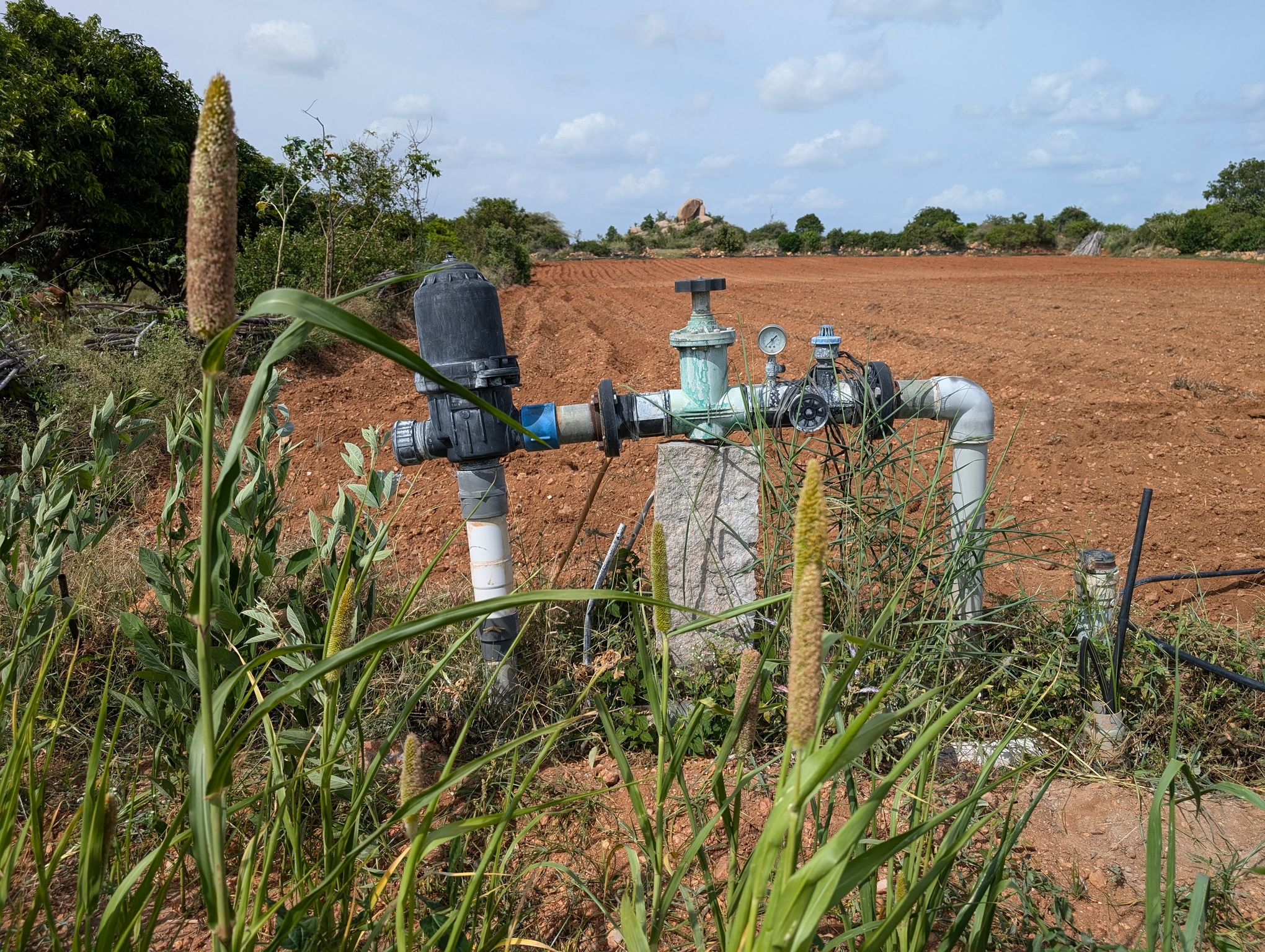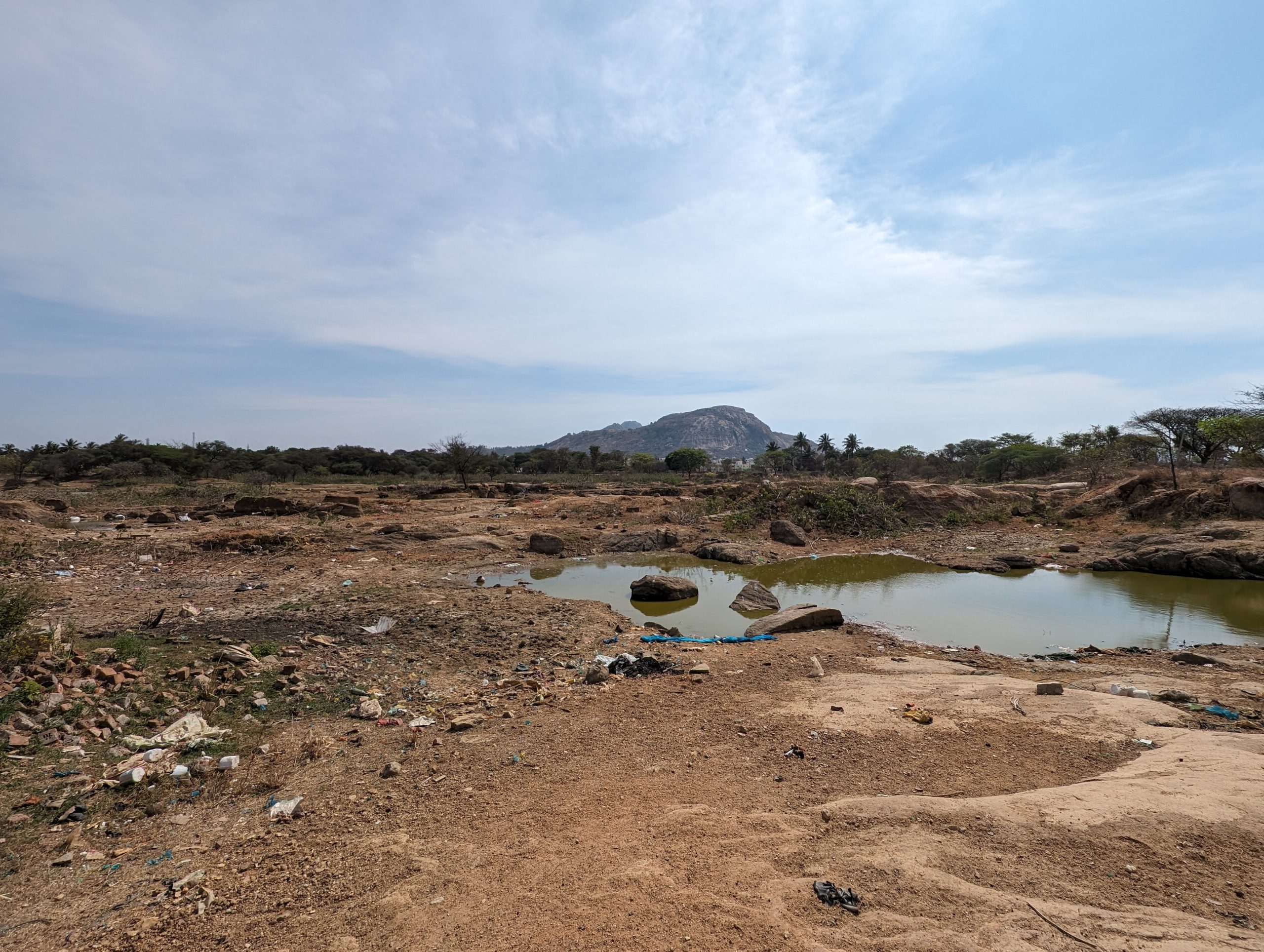Enhancing Water Security in Rural India with Digital Tools: Insights from Field Testing
Photo: The map shows four administrative blocks selected for formative research and field testing.
CoRE Stack recently published a paper — ‘Initial Observations from Field Testing of a Digital Participatory Tool to Improve Water Security in Rural India’ — that explores approaches to addressing water security concerns in India by integrating digital tools with participatory community planning.
This research, conducted across diverse rural regions in India, focuses on the development and deployment of ‘Commons Connect’, a digital tool designed to empower local communities in water security planning. By combining geospatial datasets with local knowledge, the tool aims to enable a bottom-up approach to managing water resources, improving both ecological sustainability and equity in resource distribution.
Commoning for Resilience and Equality (CoRE) Stack is a digital public good to empower communities to plan and manage their landscapes in a socio-ecological manner. WELL Labs is a research partner, along with Gram Vaani, IIT Delhi, IIT Palakkad, and BITS Pilani Hyderabad.
Fill these details to access the publication
Acknowledgements
Authored by Craig Dsouza, Balakumaran Ramachandran, Gram Vaani, IIT Delhi, Magasool and IIT Palakkad
Uploaded by Nabina Chakraborty
If you would like to collaborate with us outside this project, write to us. We would love to hear from you.
Follow us and stay updated about our work:






